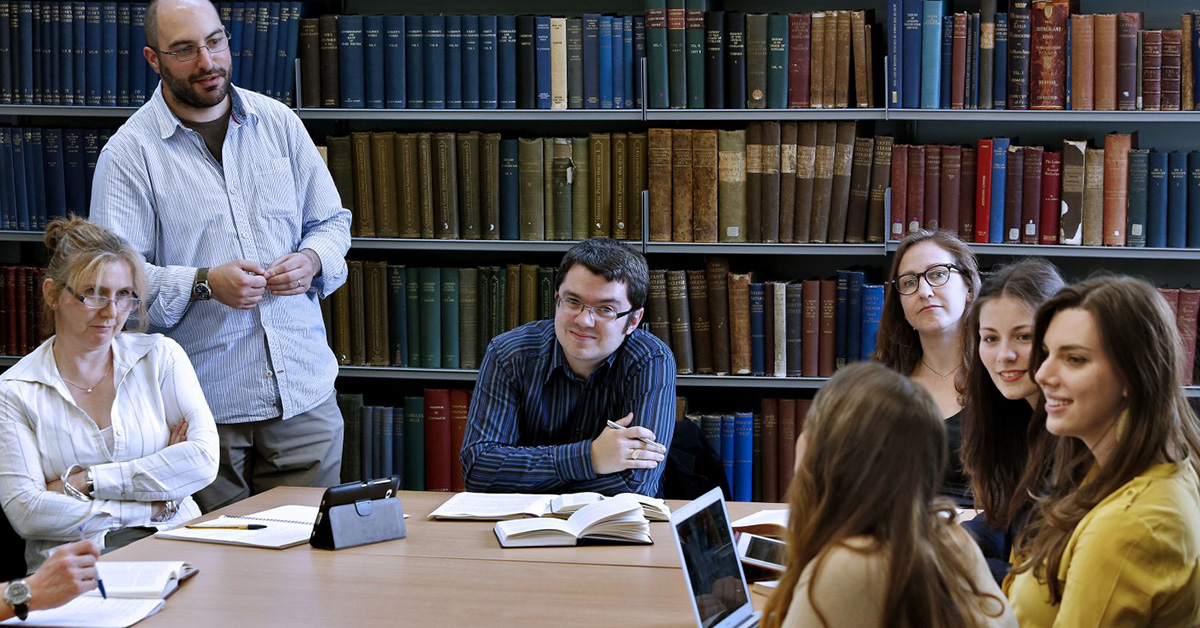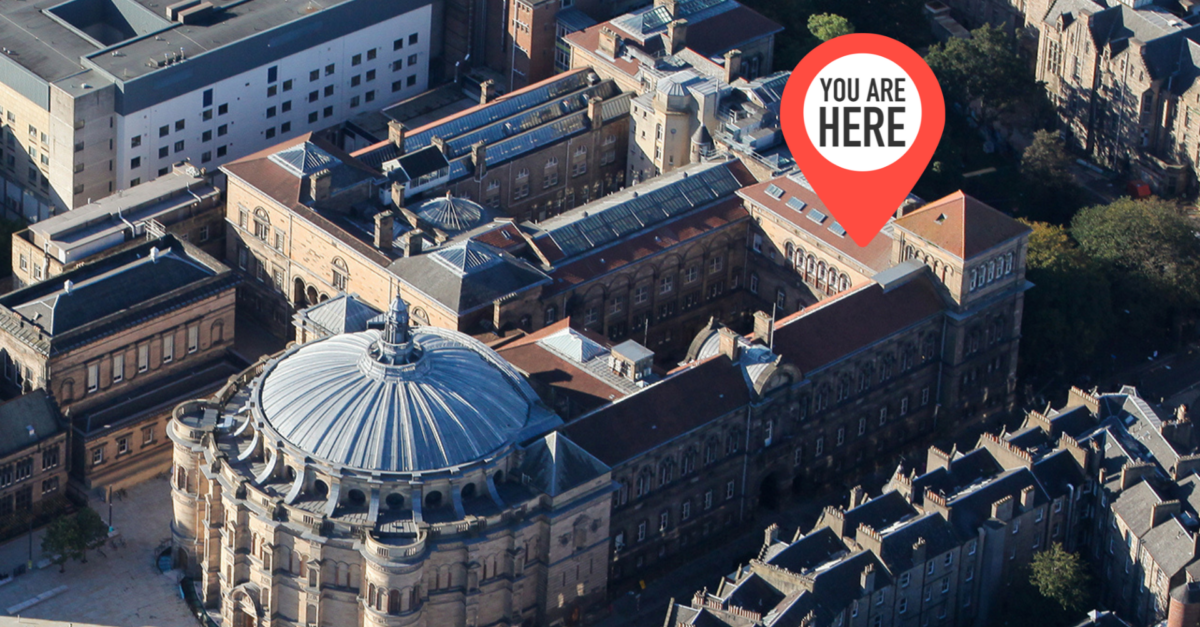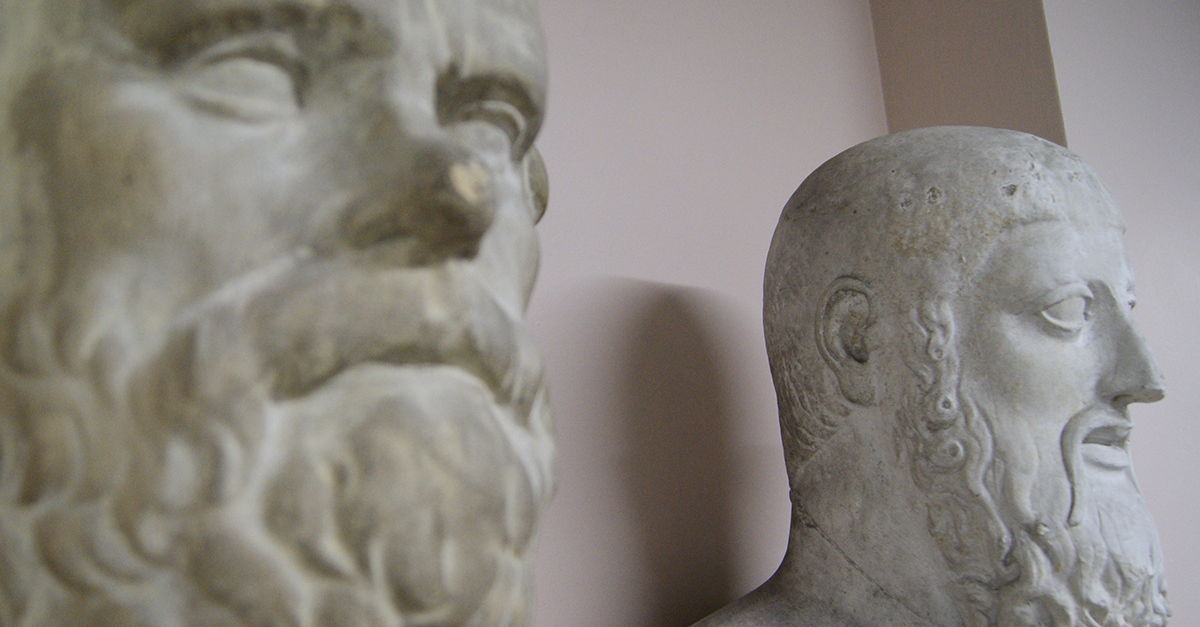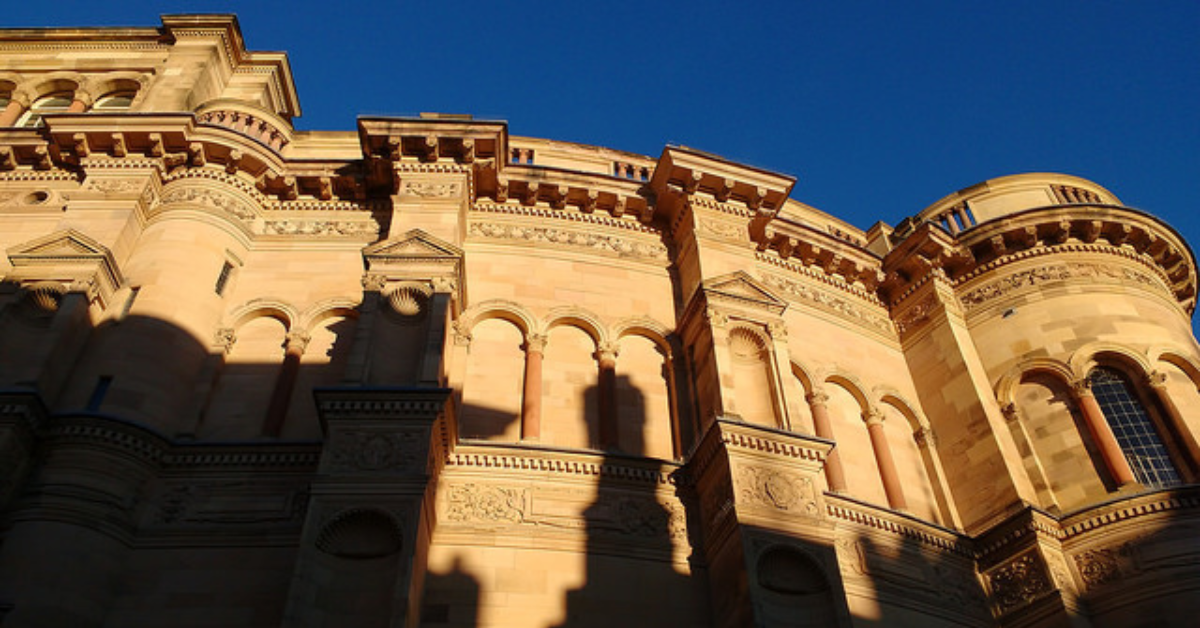Category: A day in the life
Rachel is a Master’s in History student. In this blog, Rachel talks about the differences between undergraduate and postgraduate study, a normal day, and the best place for lunch! When applying to graduate school, there’s the burning question that arises: “How is graduate school different from undergraduate school? And, maybe more importantly, what do graduate […]
Lockdown taught us that you don’t really need to be somewhere physically to get the work done, right? History student Olivia might disagree. When I started university, I didn’t really spend much time in the William Robertson Wing – the home of the School of History, Classics and Archaeology, or HCA as it’s usually known. […]
Twice the fun or double the trouble? Student Ambassador Aalish is studying a joint honours degree. I made the choice to study Chinese and History simply because I love learning a language and history has always had a soft spot in my heart. Studying a language alongside history presents its own unique challenges, not only […]
Scarlett is a 4th year History and Politics student and she’s going to take you through a typical day in her life to give you a taste of what it might be like to study at the University of Edinburgh! It’s Wednesday, February 2nd… 8.00am – Typically when I wake up and the first […]





